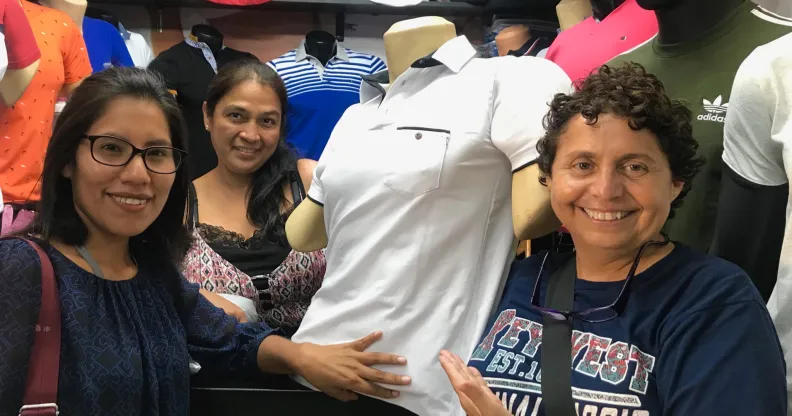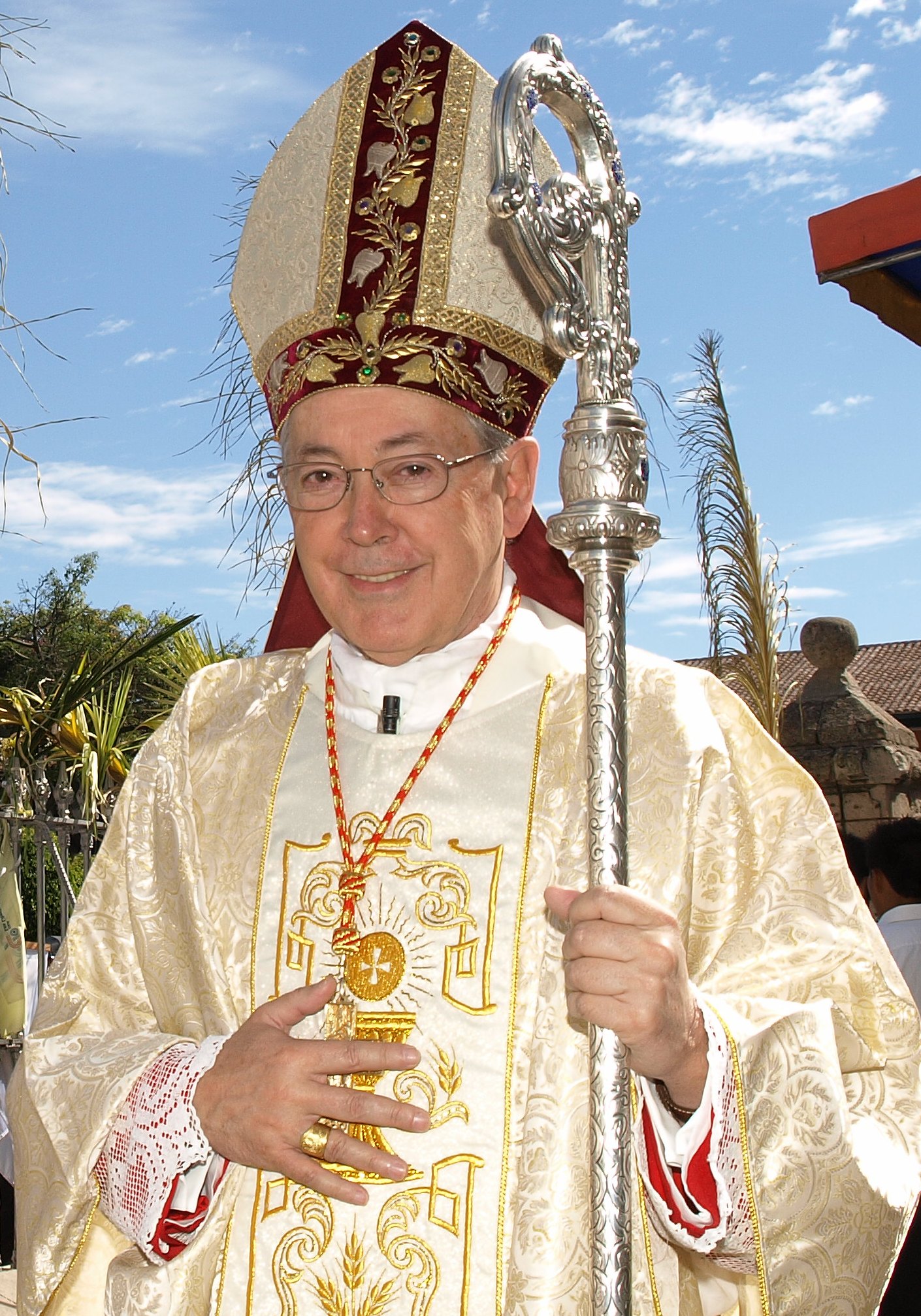A Peruvian city official is fighting to legalise gay marriage

Susel Paredes (right) hopes to disrupt Peru’s marriage laws. (suselparedes/Twitter)
A lawyer named Susel Paredes and her wife, Gracia Aljovin, are battling to legalise same-sex marriage in Peru.
Paredes and her wife married in Miami in 2016 and have since been campaigning to get the union recognised in the heavily Catholic, conservative country.
On April 4, a local court asked authorities to treat the couple’s marriage like they would any other stating that not to do so would be unconstitutional.
Paredes had disputed a decision by Peru’s national identification register (Reniec), to reject her request of marriage validation.
“Who can be happy leading two lives?”
—Susan Paredes
“We want to trigger a legal process that moves us toward obtaining the equal right to marriage in Peru,” Paredes told Reuters.
Peru does not recognise same-sex marriage
Reneic responded to the request by saying the couple’s marriage cannot be legally recognised, as same-sex marriage isn’t legal in Peru.
In official documents, Reneic noted that Article 2347 of the Civil Code states that “marriage is the union voluntarily arranged by a man and a woman, and since the plaintiffs are the concerted union of two women, it is not effective.”
However, the Paredes appeal could potentially result in the legalisation of gay marriage in Peru, which is one of the few countries in Latin America not to recognise same-sex unions.

Cardinal Juan Luis Cipriani voiced his disdain for same-sex marriage. (Djacobo)
Catholicism compromises up to 90% of Peru’s population. And despite Paredes also being a Catholic herself, religious officials disagrees with her decision.
“A judge has basically said that God was wrong, that it’s not just man and woman (who can marry),” Peru’s Catholic Cardinal Juan Luis Cipriani told a local broadcaster on the matter.
Susel Paredes asks other gay people to come out
In an interview with local media Paredes made an appeal to other gay people in the country. “Christ said the truth will set you free. That’s why I call on you to come out of the closet,” she said. “Who can be happy leading two lives?”
Paredes has vouched to take the battle to Peru’s high court, the Constitutional Tribunal, or even the Costa Rica-based Inter-American Court of Human Rights if needs be.

